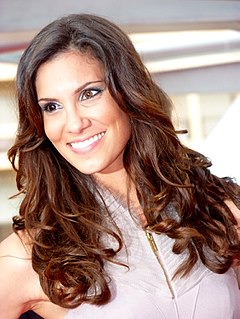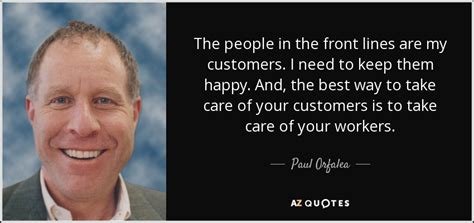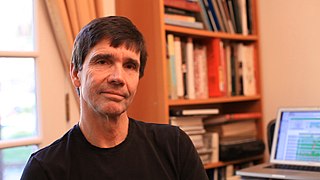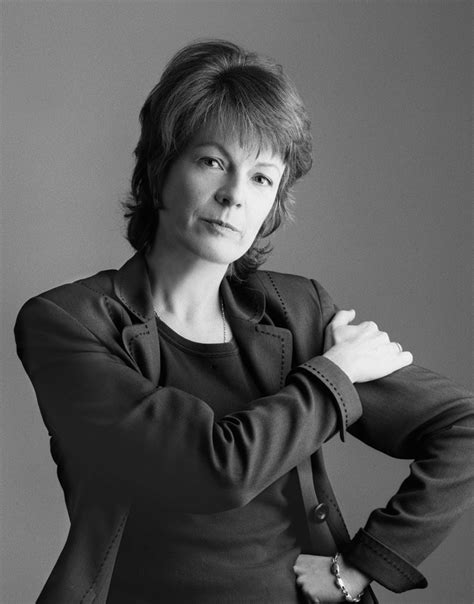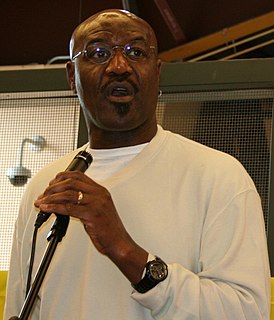A Quote by Lindsay Davenport
I come from a family of working women, my mum went to work two weeks after I was born - my parents had no money, there was no choice.
Related Quotes
I have a 22-year-old son, and when my son was born I made a decision to raise him. My husband and I took turns working, and it's easier to raise a kid in the documentary world, where you go away for two weeks or three weeks rather than the months that you spend on a feature. That was and still is much more open to women DPs than the world of fiction.
Yes, it is hard out there. But hard is relative. I come from a middle-class family, my parents are academics. I was born after the Civil Rights movement, I was a toddler during the women's movement, I live in the United States of America, all of which means I am allowed to own my freedom, my rights, my voice and my uterus.




